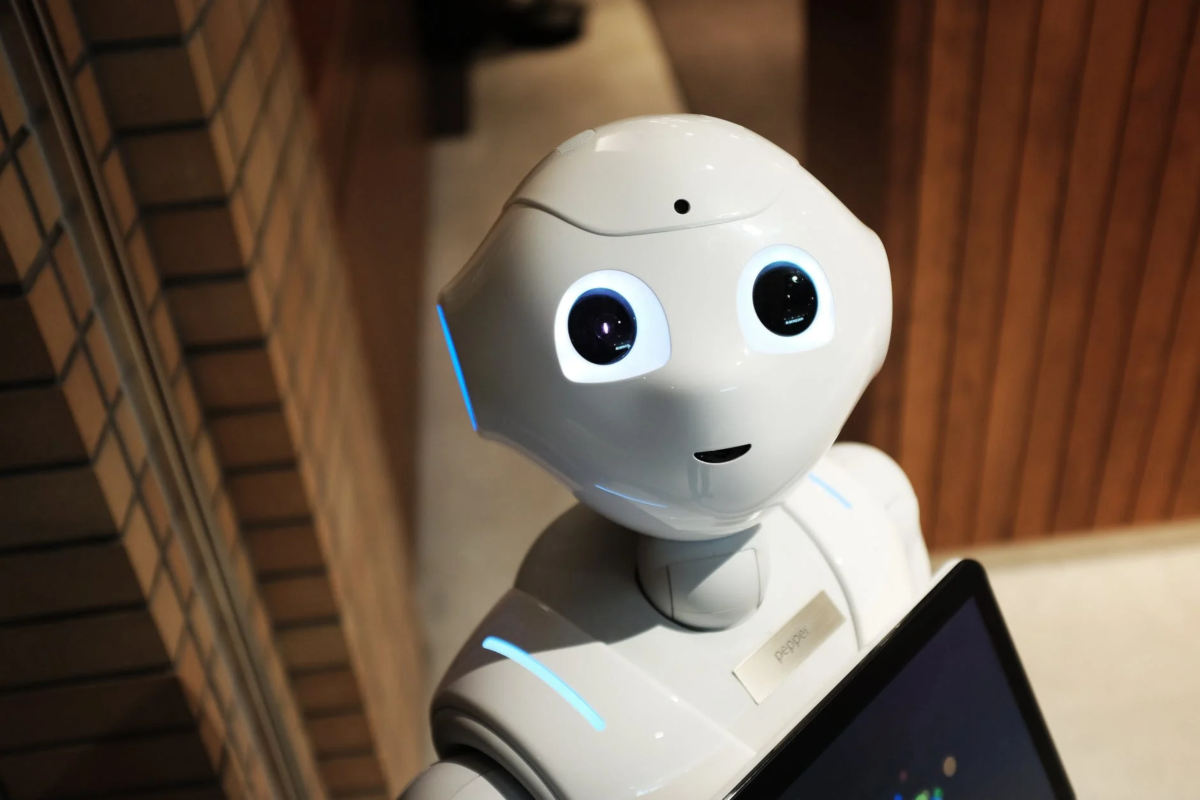Artificial Intelligence and Intellectual Property Protection

Artificial Intelligence (AI) is a fast-growing information technology breakthrough that is booming and is becoming a hot topic in various parts of the world. More and more technologists are incorporating AI into applications that can read behavior while offering solutions that make it easier for humans. Starting from the features of personal assistants on mobile phones, chatbots, self-driving & parking vehicles, the algorithm of facial recognition system or voice detection, to the latest human-like robot or Humanoid that Elon Musk introduced at the recent AI Day forum.
Tesla's humanoid is predicted to be a robot that can not only help human work, it is even possible to replace the role of humans in various fields of work—especially those that are impossible for humans to do.
Because it is so populist, President Joko Widodo (Jokowi) even joined the discourse to apply AI technology in policymaking in Indonesia. Jokowi once said that to speed up the bureaucratic process in the public service system, the performance of Echelon III and IV civil servants will be replaced by AI in the process of transforming the public service digitalization. Thus, things that are routine, administrative and repetitive can be replaced by AI, so that the public service process is expected to be more effective and efficient.
What exactly is AI? Stanford Computer Science defines AI or artificial intelligence as the science and engineering of making intelligent machines to perform a task using computer technology. In short, AI is a technology that allows computer systems, software, programs and robots to "think" intelligently like humans.
This man-made AI is created using complex programming algorithms. There are two main components of AI development, namely Big Data and Computing Power.
With AI, of course, human work becomes more effective, and AI can be a human co-worker who is tireless.
Questioning Intellectual Property
Amid the rapid development of digital technology, the role of Artificial Intelligence in producing various digital works is increasingly dominant and undeniable. At some points, we will realize that not only humans can produce works of art, AI can also create its own version of innovative and creative works.
Who would have thought that a computer program created by humans—which was originally only a means of producing and promoting creative works of art such as paper and brush, would one day become a virtual artist who became a rival to the human race who created it.
This is like predictions in various films about AI that will become a reality before our eyes.
Then, the question is, what about intellectual property or copyright protection for AI-generated works?
Until now the main concept of intellectual property protection is to protect the creators of intellectual property—which in this case are humans. This is because the current legal provisions emphasize that only humans can produce works.
So, who will have the economic and moral rights to a work that was actually created by AI? What rules should be applied when machines use the creations of others or even other AI?
The World Intellectual Property Organization (WIPO) specifically discusses AI, where each member country begins to accept new challenges in regulating the substance of intellectual property protection policies related to AI innovations. In essence, current legal products must be able to keep up with the development of innovation and technology.
Many legal opinions state that AI cannot be equated as a legal subject who has the authority and can be responsible for every legal act committed. Including producing a creation and the results of innovative works and creations.
AI cannot be declared an inventor and not a patent owner because "designing" an invention is a human activity that involves contributing to inventive concepts. Therefore, only humans (including a group of humans) who create, design, operate or control the AI ??are the most likely as legal subjects for the owners of intellectual property protection for their AI designs.
As a result, the scope of protection of all elements of intellectual property—whether copyright, patent or trademark—can be evaluated to provide space for AI designers.
This demand is also at the same time to provide legal protection for AI creators if there are other parties who use other people's artificial intelligence technology to produce creative works of art that are claimed as their rights which can cause economic losses and moral harm for AI creators.
Anticipatory Measures
As an anticipatory measure, it would be better if individuals or companies that are designing, creating, or developing software using AI technology, to immediately register for copyright protection for the software. Because protecting the artificial intelligence system is sometimes more important than the product made by the AI ??system itself.
In addition, do not forget to list intellectual property assets and AI-generated assets. In particular to manage, protect, and exploit effectively and in accordance with current intellectual property protection regulations. Thus, the resulting AI system already has legal and business protection.
This recommendation is an effort to protect AI copyrights while waiting for the evaluation and improvement of the Law on Protection of Intellectual Property Rights (IPR), which may take some time.
*The Writer, Kiki Amarully Utami, Partner of MUC Attorney at Law
*The article was published in Kumparan.com on 8 February 2021
https://kumparan.com/muc-tri/artificial-intelligence-dan-perlindungan-kekayaan-intelektual-1xSs2xSpgznDisclaimer! This article is a personal opinion and does not reflect the policies of the institution where the author works.


